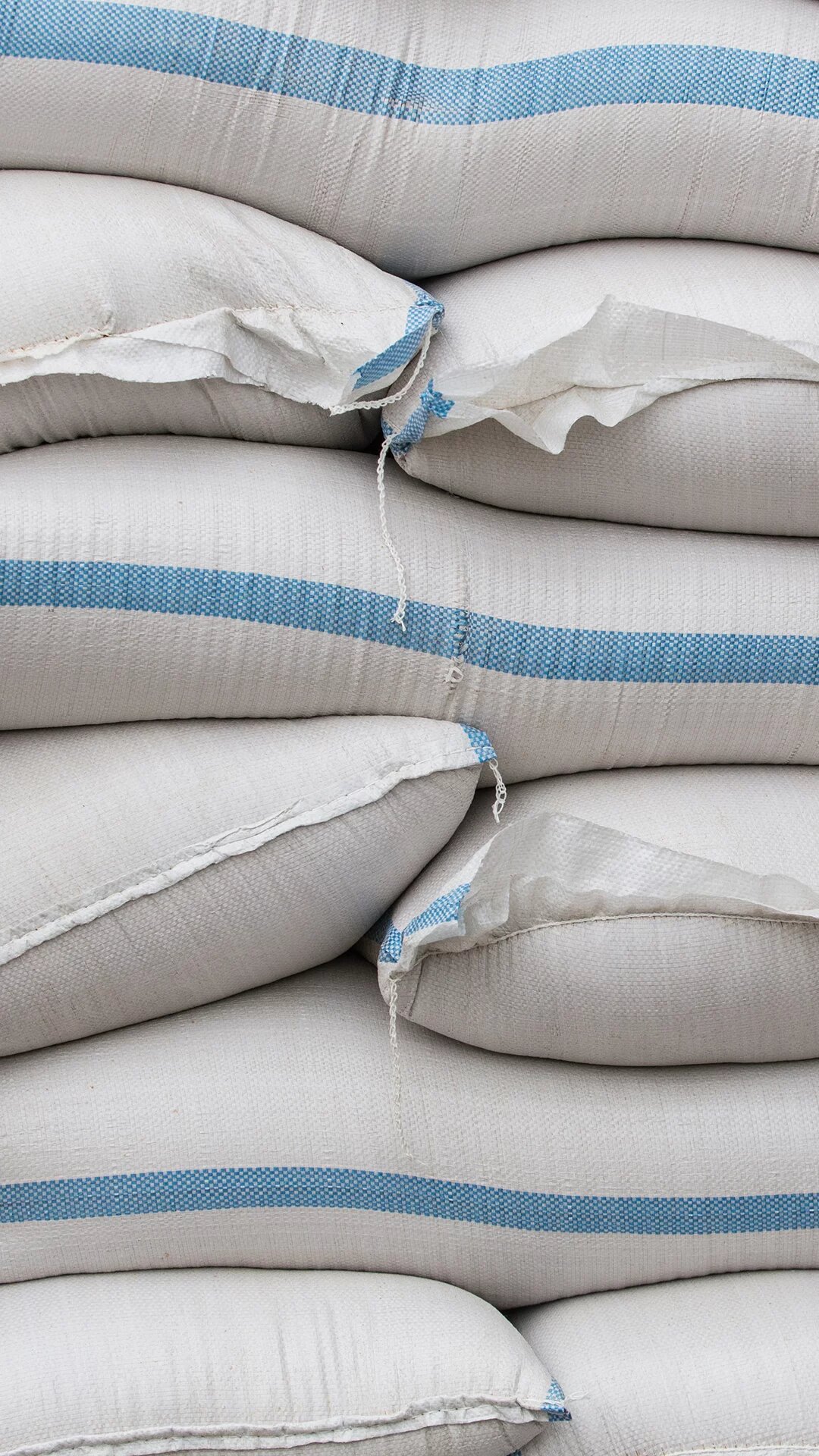
Governments around the world are in a risky dependency on fluctuating world market prices, as food price fluctuations and increases are often influenced by speculative transactions and market dynamics beyond their control.
This dependence leads to significant uncertainties in food supply and can jeopardise food security, especially in times of crisis or geopolitical tensions.
Countries could free themselves of their dangerous dependence on financial markets by creating their own public food stocks. This would enable them to buy and sell food counter-cyclically.
One of the advantages of public buffer stocks is that they are able to absorb short-term fluctuations in price and volume, curb global market volatility and thus also help stabilise prices for consumers and producers.
China and India have already created such public buffer stocks, while the Brazilian state creates price stability by buying maize, rice and wheat, as well as a range of other produce, from small farms. These are then made available to public institutions such as the National School Feeding Programme (PNAE), which provides children attending state schools with a free warm meal per day.
In this context, Brazil seeks to strengthen the position of family farmers by requiring public institutions to source at least 30 percent of their food directly from such small-scale businesses.
Another reason for hope and encouragement are the countless civil society initiatives worldwide fighting for food sovereignty – a concept that was launched by the international peasants’ movement La Via Campesina, according to which all states and communities should have the right to organise their own food production.
In crisis-ridden Lebanon, for instance, which imports around 80 percent of its food, the initiative Buzuruna Juzuruna (Arabic for “Our seeds, our roots”) was founded in 2016 as the country’s first organic seed farm. The farm also grows old durum wheat varieties and processes the grain into flour.
Buzuruna Juzuruna is actively involved in an international agroecological network, offers free workshops on topics such as beekeeping, soil cultivation and composting, and participates in bread festivals that celebrate local, traditional wheat varieties.
In Germany, the organisation Die Freien Bäcker was founded over ten years ago as an independent professional association of artisan bakers and pastry chefs. The members of the network pledge not to use industrial baking mixes and additives, source old, robust grain varieties and work with regional mills.
They are committed to promoting organic, small-scale agriculture, and not just through their own bakeries. Die Freien Bäcker regularly organise events and workshops and campaign for fairer conditions for the artisan sector.
Bread is part and parcel of our history and plays an incredibly important role, no matter which region you turn to.
So the next time you are standing in line at the bakery or baking your own bread, perhaps you will be reminded of the ancient Egyptians, the market women in Paris, the ABCCDs, Buzuruna Juzuruna, history, culture, religion, politics, the economy and resistance.
And of the word for bread in Egyptian Arabic: “aish” – life.
Back to overview
© Heinrich-Böll-Stiftung e.V.
Schumannstraße 8
10117 Berlin
T +49 (30) 285 34-0
F +49 (30) 285 34-109
www.boell.de
info@boell.de